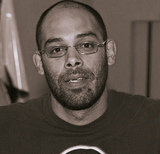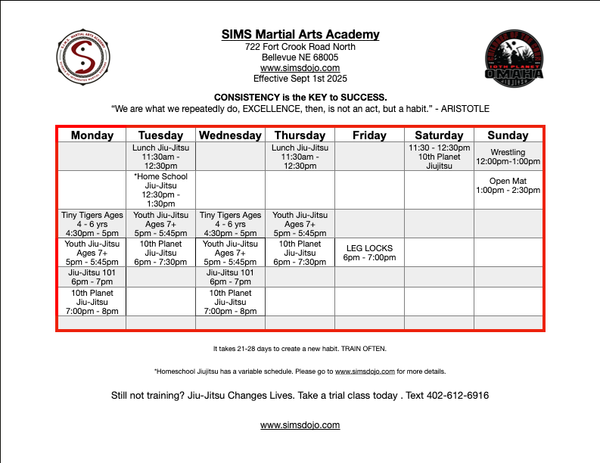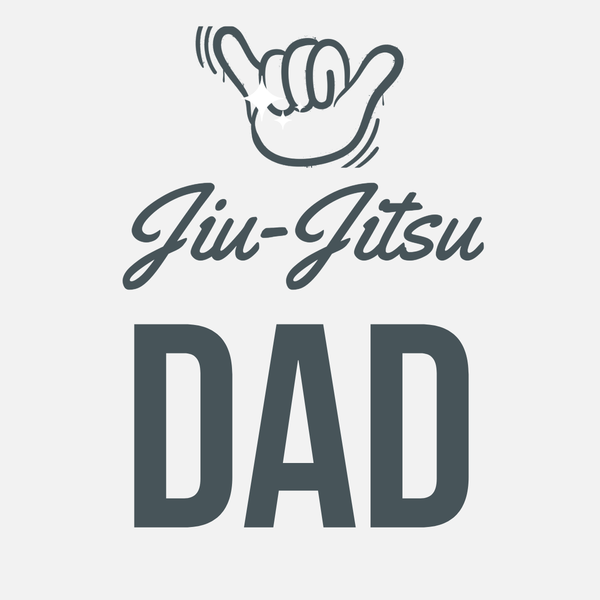Growth Is Uncomfortable: Embracing Jiu-Jitsu's Challenges for Lifelong Success

As parents, we all want the best for our children—a path that builds resilience, instills discipline, and fosters a mindset geared toward success. But what if that path involves sweat, struggle, and moments of sheer discomfort? Enter Brazilian Jiu-Jitsu (BJJ), a martial art that's not just about techniques on the mat but about transforming lives through adversity. The core truth? Growth is uncomfortable. It's in those gritty moments of facing challenges head-on that true personal development happens. For parents of young Jiu-Jitsu students, this article is a reminder: the toughness your child experiences today is forging the unbreakable spirit they'll carry into every aspect of life tomorrow.
## The Essence of Uncomfortable Growth
Think about it—every meaningful achievement in life comes wrapped in discomfort. Learning to walk as a toddler meant countless falls. Mastering a new skill at school requires pushing through frustration. Jiu-Jitsu amplifies this universal truth on the mats. Your child might start a class feeling overwhelmed, tapping out to submissions, or struggling against a tougher opponent. These aren't setbacks; they're stepping stones.
In Jiu-Jitsu, growth manifests through obstacles overcome. A white belt grapples with basic escapes, feeling the burn of physical exertion and the mental strain of strategy. But with each session, they adapt. They learn to breathe under pressure, anticipate moves, and persist when quitting seems easiest. This mirrors life: exams, job interviews, relationships—all demand navigating discomfort to emerge stronger.
Research and real-world examples show that embracing challenges builds neural pathways for resilience. Kids who train in martial arts like BJJ develop higher emotional regulation, better focus, and a growth mindset—the belief that abilities improve with effort. It's not magic; it's the discomfort of drilling techniques repeatedly, sparring with peers, and competing in tournaments that wires their brains for success.
## Building a Powerful Mindset and Discipline
One of Jiu-Jitsu's greatest gifts is the ironclad discipline it cultivates. Training isn't optional; it's a commitment. Your child learns to show up consistently, even on days they'd rather not. This discipline spills over into academics, where they tackle homework with the same tenacity as a tough roll. It extends to personal goals, teaching delayed gratification—belts aren't handed out; they're earned through sweat and perseverance.
The mindset shift is profound. Jiu-Jitsu reframes failure as feedback. A lost match? Analyze, adjust, improve. This "jiu-jitsu thinking" equips kids to handle life's curveballs, from bullying to career hurdles. Parents often report their children becoming more confident, patient, and empathetic—understanding that everyone starts as a beginner.
Beyond mindset, BJJ enhances physical health (improved fitness, coordination) and mental well-being (stress relief through endorphins). It fosters a sense of community, where kids build bonds with training partners, learning teamwork and respect. And let's not forget self-defense: in an unpredictable world, knowing how to protect oneself is empowering.
## Why High-Achievers Prioritize Jiu-Jitsu
If you're wondering if this discomfort is truly worth it, look to the elites who make time for BJJ amid packed schedules. These successful individuals aren't training for fun alone; they recognize Jiu-Jitsu's unparalleled role in personal development.
Take Mark Zuckerberg, the Meta CEO and billionaire innovator. Despite running a global empire, Zuckerberg began training BJJ in his late 30s and has since earned his blue belt, even competing in tournaments and winning medals. He credits the art's philosophy—flow, momentum, and adaptation—with insights applicable to business and life. Zuckerberg trains under renowned coach Dave Camarillo, balancing intense sessions with his demanding role, proving that high-achievers see BJJ as essential for mental sharpness and resilience.
The Trump family exemplifies this commitment across generations. Ivanka Trump, businesswoman and former White House advisor, trains Jiu-Jitsu with her entire family, including her children. She started when her daughter Arabella wanted self-defense skills, and now it's a family ritual that builds strength, balance, and bonding. Ivanka practices at the Valente Brothers academy in Miami, sharing videos of her takedowns and sparring, highlighting how it benefits their wellness routine. Even Donald Trump's grandchildren—kids of Eric and Lara Trump—have earned grey belts, showing how this discipline is prioritized in high-profile families for character-building.
Other celebrities echo this. Podcaster and commentator Joe Rogan, a black belt, integrates BJJ into his routine for mental clarity and problem-solving. Actor Ashton Kutcher, a brown belt and tech investor, credits the art for sharpening his strategic thinking. Keanu Reeves trained extensively for roles like John Wick, but continues for personal growth. Singer Demi Lovato uses BJJ for empowerment and mental health. Filmmaker Guy Ritchie and actor Tom Hardy, both practitioners, weave Jiu-Jitsu's lessons into their creative and professional lives.
These icons—busy with empires, films, and families—carve out time for BJJ because they know: the discomfort on the mat translates to triumphs off it. It's a strategic investment in holistic success.
## Additional Powerful Benefits: A Holistic Edge
Jiu-Jitsu's impact extends further. It teaches humility—ego checks come swiftly in training—fostering grounded leaders. For kids, it combats screen addiction by promoting active, mindful engagement. In a world of instant gratification, BJJ instills patience; progress is gradual, rewarding persistence. It also builds social skills: navigating diverse training partners mirrors real-world interactions, enhancing communication and conflict resolution.
Physically, it's a full-body workout that improves flexibility, strength, and cardiovascular health without the monotony of traditional exercise. Mentally, it reduces anxiety by channeling energy into productive focus. For families, group classes or home discussions about techniques strengthen bonds, creating shared victories.
## The Juice Is Worth the Squeeze
Parenting a Jiu-Jitsu student means witnessing tears, bruises, and breakthroughs. It's uncomfortable—for them and sometimes for you watching from the sidelines. But remember: this discomfort is the forge of champions. Your child isn't just learning submissions; they're mastering life. The discipline to push through a grueling class becomes the grit to excel in school or careers. The mindset to adapt in a scramble becomes the agility to navigate change.
High-achievers like Zuckerberg and the Trumps prioritize BJJ because they get it—growth demands discomfort, but the rewards are exponential: confident, capable, successful individuals. So, encourage your young grappler. Celebrate the small wins. Know that every uncomfortable moment is sculpting a future leader. Jiu-Jitsu is tough, but oh, is the juice worth the squeeze!
Ready to train? contact us today info@simsdojo.com





